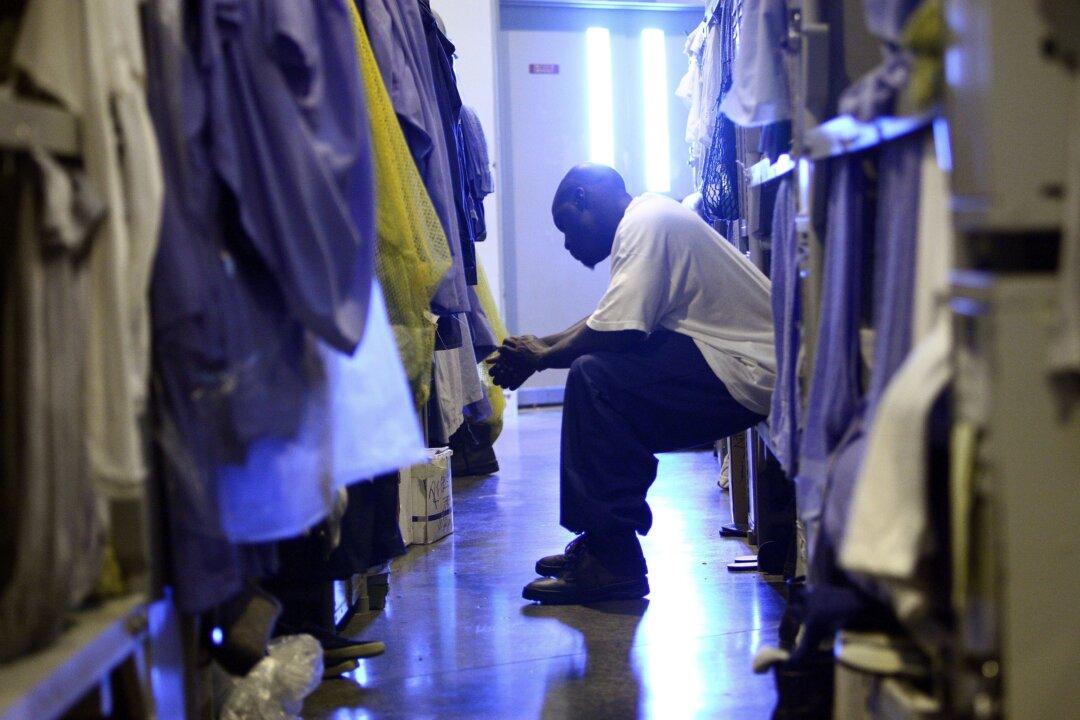A bill aimed at eliminating state contracts with private, for-profit detention facilities in California was placed on suspense file in the State Senate’s Appropriations Committee on Aug. 12, raising questions about whether the legislation will advance.
The bill, AB-32, authored by a number of Democratic Assembly Members and Democratic State Senator Scott Wiener, has already passed the State Assembly 61 to 13, with all but three Democrats voting in favor of the bill. Meanwhile, 16 of 19 Republicans either voted against or did not vote, while three voted in favor. The bill has also passed the Senate Judiciary and Senate Public Safety committees.





